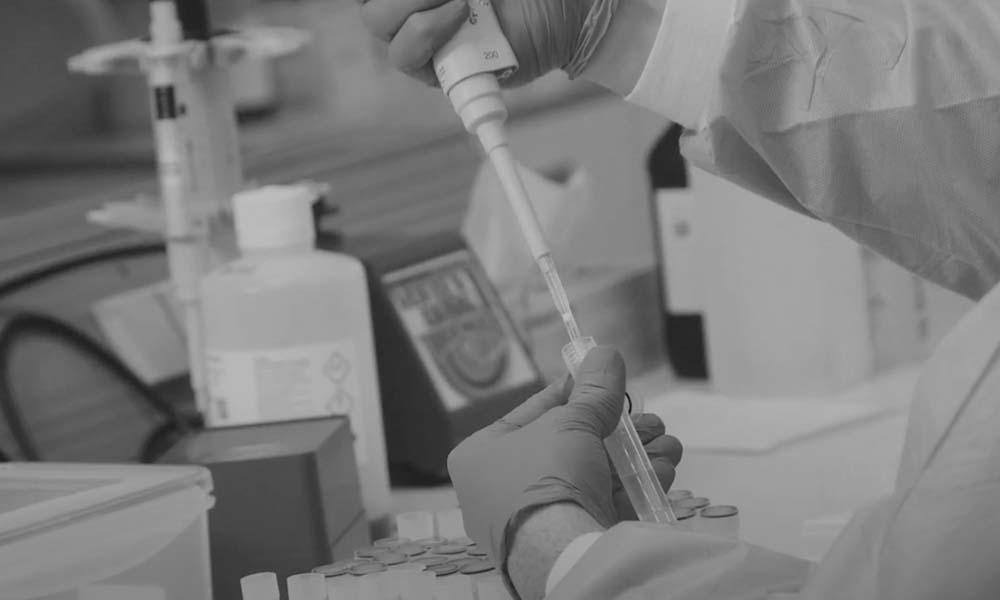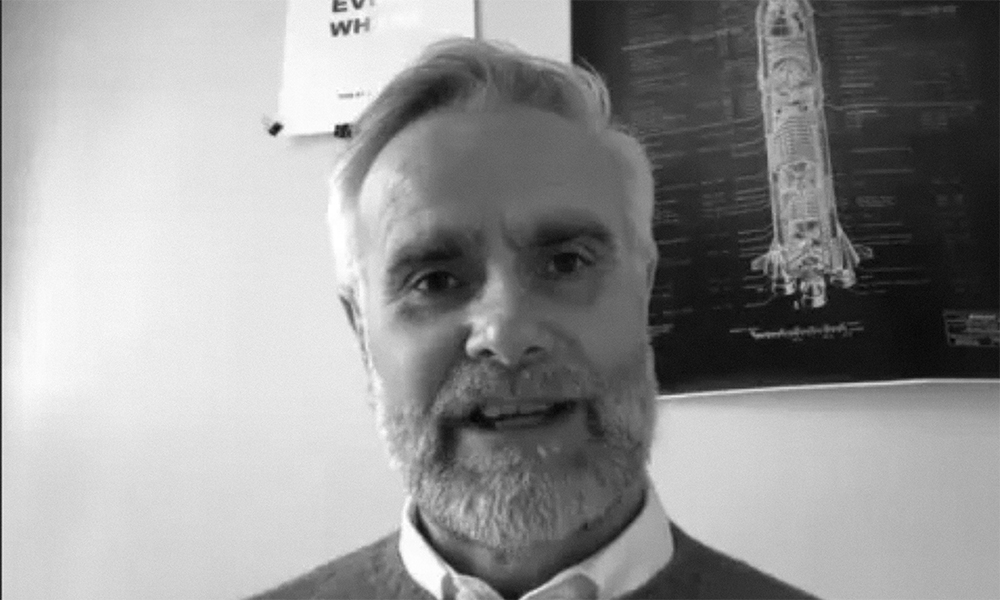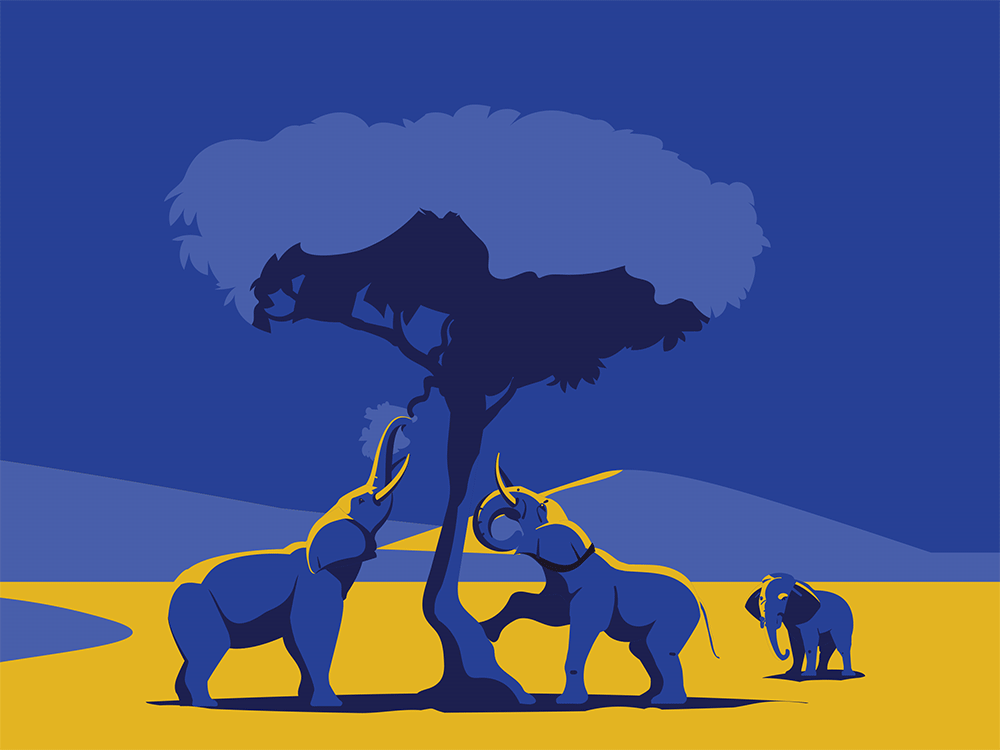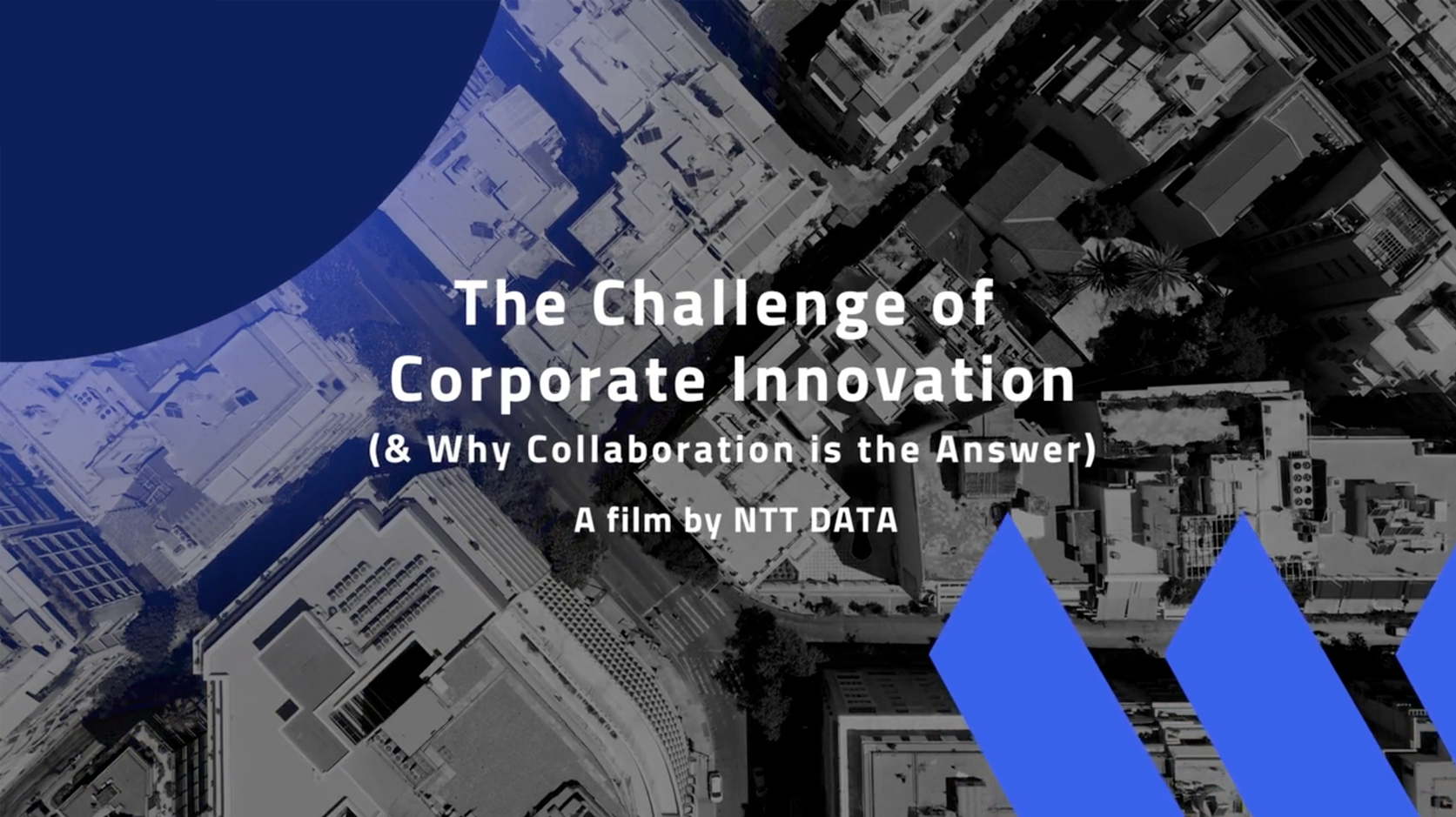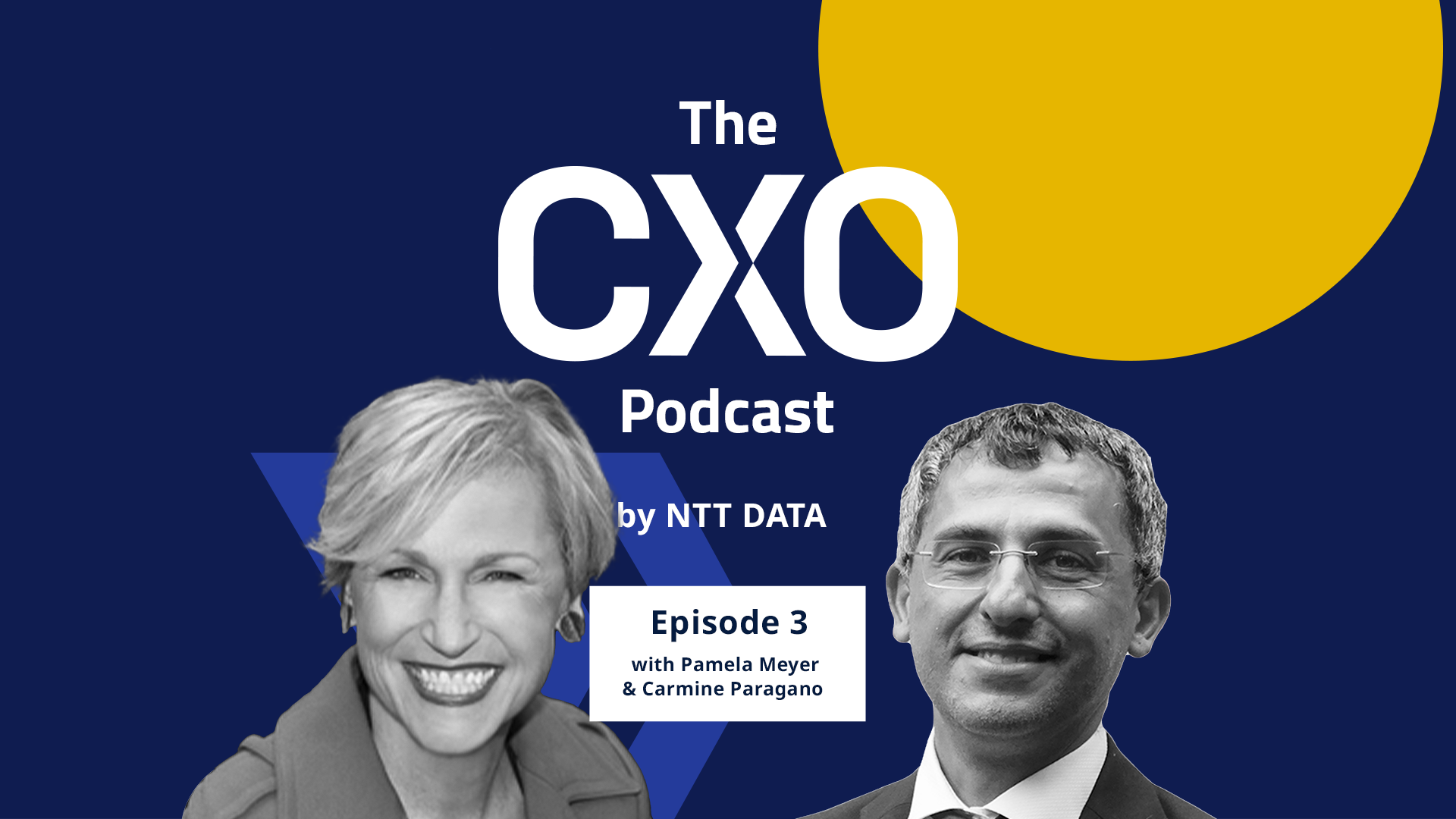
Innovation used to be something that an organisation did to tick a box. Often, to the great detriment of its chances of success, it was done on the periphery of the organisation. Thankfully, this is no longer the case. Today, innovation is increasingly a holistic endeavour, with leaders championing collaboration not only within the business, but across and between multiple organisations and industries.
Opening up to the innovation ecosystem
This level of innovation sits at the heart of the business ecosystem and drives the corporate journey into uncharted territory, requiring disruptive development and radical outside-in thinking. This is the foundation upon which ideas are born, where they fail brilliantly or succeed spectacularly, and where fresh thinking defines organisation outlook and strategy.
It’s this ability to spot the opportunities in the market, by being plugged into a broader ecosystem, that will allow you to mobilise the right teams at the right times through partnership and collaboration. Your organisation, though, must have the vehicles in place to execute and scale new products and services, requiring a readiness and willingness to test (for example using micro-experiments to show impacts in a commercial setting), learn and adapt.
It is serendipity that delivers an idea into the hands of the organisation, but it is structure that ensures that the ideas make sense and meet real-world requirements. Innovation must be constrained by relevance.
Doing new things – balancing creativity and purposeful execution
Economist and Harvard professor Theodore Levitt’s classic definition of innovation is useful when we consider the most common barriers to success: “Creativity thinks up new things. Innovation does new things. The difference speaks for itself. Yet the fluent advisers to business seldom make the distinction. They tend to rate ideas more by their novelty than by their practicability.”
It is serendipity that delivers an idea into the hands of the organisation, but it is structure that ensures that the ideas make sense and meet real-world requirements. Innovation must be constrained by relevance. Is there a demonstrable need? Is someone willing to pay for this? These are the questions that focus the mind when setting up new initiatives, partnerships and ventures.
Innovation is ultimately about execution, and in building on ideas within intelligent constraints that allow for the business to focus on building relevant and successful solutions.
It’s disrupt or be disrupted; the time when any organisation, even the most powerful, can do everything has long since departed.
Lifting your gaze
As well as having the structures, both operational and cultural, in place to allow for employees to take the initiative with continuous improvements (a Kaizen, or incremental change for good, approach), it’s important that the other aspects of business change – those that consider the mid and long term – are also kept in focus.
In Japanese, the terms Kaikaku (evolution) and Kakushin (revolution) frame the mid and long term horizons, with the former referring to radical changes of existing systems, and the latter to doing something completely new and different. Organisations must balance, and create the space to think about, each of these types of innovation.
To grasp the bigger picture, and be prepared for the challenges and opportunities of the future (both near and far), business leaders and teams need to lift their gaze up from their own organisation, and actively cultivate their partner ecosystem.
Building the ecosystem
There is no alternative but to embrace collaboration. It’s disrupt or be disrupted; the time when any organisation, even the most powerful, can do everything has long since departed. What open innovation really means is that organisations have to become very comfortable with, and very effective at, partnering – quickly – with virtually anybody.
We have a number of initiatives at NTT DATA that enable and further these strategic connections, to support open innovation. Our R&D teams are actively engaged with academic organisations, from the MIT Media Labs in Boston to UCL in London and the Politecnico di Milano, to anticipate changes in the business environment and co-create solutions in a wide range of experimental fields of research. It’s an open approach designed to ignite inventive thinking and planning not just with internal audiences, but with clients and other organisations.
The triple win pulls the threads of innovation and impact through every part of the value chain.
With NTT DATA Origami Labs, inventive ideas are assessed against specific criteria with the concept of ‘Product Market Fit’ at its heart that determine the potential for the organisation, and validate its potential for our customers. This is how we test, learn and explore ideas within the constraints of market and product. In this testing and development space we break down the ideas to take out the risk.
Last but by no means least, we operate a number of partner programmes globally, including Bento Box, and its central tenet of the ‘triple win’ – benefits that ripple outwards, beyond the win-win of value for client and provider and onto the ecosystem partners. The Bento Box programme gives fledgling partnerships a toolset to explore and test their collaborations, all the while keeping the mutual benefit front and centre.
…
We are finding that the simple concept of the triple win is resonating in industry today. It is changing how organisations approach collaboration and innovation, particularly in telecommunications, financial services and media. It pulls the threads of innovation and impact through every part of the value chain, from business to business to customer and beyond. This approach allows for innovation to break the boundaries set by the limitations of the past, and to explore new ways of delivering value throughout the ecosystem.










